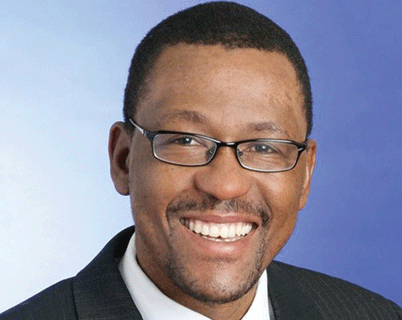
SHOCKING as the continuous revelations of corruption are, Zanu PF is being provided an opportunity of dealing with corruption once and for all. The revelations show a deep rot in the public sector, which cannot be allowed to continue.
If such corruption is allowed to continue, it will have disastrous consequences for the country, which we can’t blame on anyone but ourselves. The corruption is happening at a time when we are in an economic struggle, trying to gain control of our resources and wealth.
But surely, with the sort of public administration and greed recently exhibited, it is difficult to see how we can manage our economic independence. The basis of engaging in an economic struggle is our ability to manage public wealth efficiently and equitably for the good of everyone. Obviously, it is not the case now.
We live in a society that is transparent and intolerant of corruption. We have reached the tipping point and we need to act now. We can’t go on like this least we harm ourselves and the future generations.
The people have seen what happened and they are angry!
Zanu PF — being the party in government that enjoys two thirds majority and whose ideals are grounded in the majority — is well placed to solve this problem.
The corrupt people are stealing and depriving services and livelihoods the people.
Its character will be judged by how much its conduct reflects the wishes of people to deal with corruption. Zanu PF’s reputation is at stake even among its members. It is already dealing with many other serious issues such as low civil servants salaries and cannot afford to add a perception of tolerance to corruption onto the list.
- Chamisa under fire over US$120K donation
- Mavhunga puts DeMbare into Chibuku quarterfinals
- Pension funds bet on Cabora Bassa oilfields
- Councils defy govt fire tender directive
Keep Reading
For Zanu PF to continue as a strong grassroots-driven party, whose value system survives in an era of powerful external political and economic interests, it should act appropriately on corruption.
The Chinese Communist political system survives and has thrived in the midst of serious competition from liberal democracy because that government and the ruling party have been responsive in dealing ruthlessly with corruption by government or party officials.
That is not to suggest that corruption is not present in China, but that it is dealt with firmly as it is identified.
The Chinese establishment understands that the viability of the State and its political system is tied to how they respond to issues such as corruption that undermine national development and the welfare of the Chinese. We need to learn from the Chinese.
If we are soft on corruption it will become difficult to make a credible argument that economic sanctions are largely responsible for our economic problems. Of course, they play a big part; so is corruption.
It will be difficult to convince people if the government is not perceived as taking a firm stance against this scourge.
Arguably, corruption is a more serious threat to the implementation of ZimAsset than economic sanctions because resources earmarked for national projects will disappear to corruption before they are even used.
So, it is in the best interest of the government to root out corruption.
A system driven by corruption can never be sustainable. Actually, an efficient system is sustainable and will continue to produce opportunities for all!
Government should manage this situation with the aim of solving it, not managing the fallout for the sake of its image. If they did that it would even be more damaging.
We need to ingrain a culture of people taking responsibilities for their actions. Those caught in corruption should face the consequences for their actions.
This is not the first time that we are seeing a fight against corruption. Past corruption drives have fizzled out without any tangible results. What would constitute tangible results? It is not prosecutions only, but addressing systemic weaknesses. For instance, we need to establish strong oversight, which was clearly lacking then and now.
Second, there has been a weak emphasis on putting in place tough laws. Where prosecutions took place, more corruption happened in the justice delivery system, with cases of disappearing dockets or evidence.
Thirdly, the fact that no political party has made corruption its central election issue speaks volumes.
Government officials have promised that corporate governance rules will be tightened. The lack of good corporate governance as manifested by the salary scandals is just a tip of the iceberg.
We should be careful not to solely focus on corporate governance, but all other aspects of public administration.
Government has acknowledged the corruption problem and is obligated to act. Failing to deal with corruption means government fails to administer an issue that is at the heart of public administration; upholding stewardship responsibilities.
Kuthula Njokweni is a Zimbabwean based in Canada










